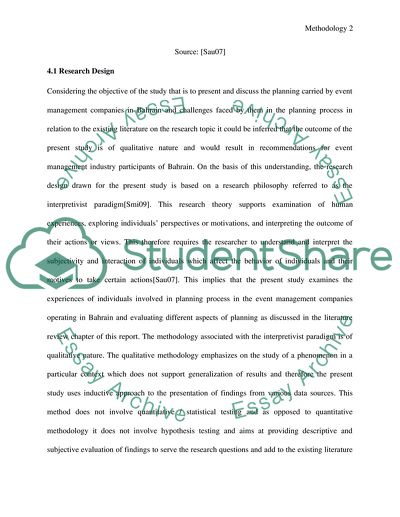Cite this document
(Methodology of a Research Paper: Research Onion Model Paper, n.d.)
Methodology of a Research Paper: Research Onion Model Paper. Retrieved from https://studentshare.org/humanitarian/1601783-methodology-of-a-research-paper
Methodology of a Research Paper: Research Onion Model Paper. Retrieved from https://studentshare.org/humanitarian/1601783-methodology-of-a-research-paper
(Methodology of a Research Paper: Research Onion Model Paper)
Methodology of a Research Paper: Research Onion Model Paper. https://studentshare.org/humanitarian/1601783-methodology-of-a-research-paper.
Methodology of a Research Paper: Research Onion Model Paper. https://studentshare.org/humanitarian/1601783-methodology-of-a-research-paper.
“Methodology of a Research Paper: Research Onion Model Paper”. https://studentshare.org/humanitarian/1601783-methodology-of-a-research-paper.


